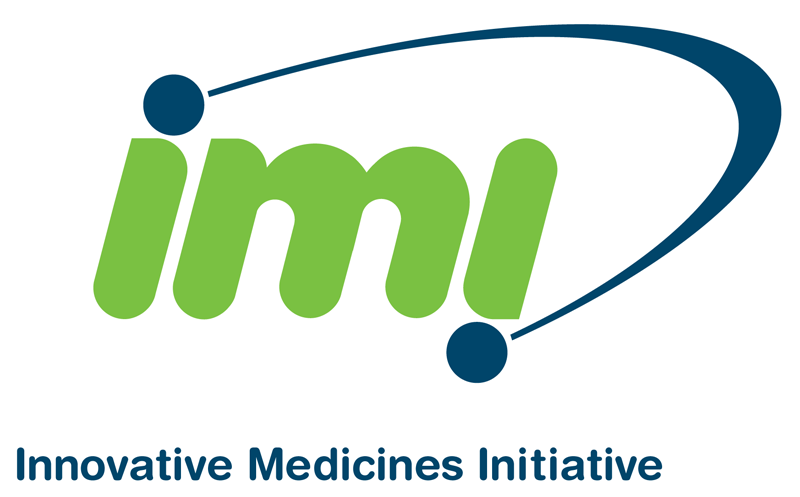Battling Bacteria: The Drive to Develop New Drugs
With few new drugs currently making it to market, the growing threat of resistance to antibiotics has become a very real concern. Big Pharma are now backing a European based program to research this issue, its first two projects receiving combined funding of more than €200m.

Antimicrobial resistance (AMR) is responsible for about 25,000 deaths every year in the EU, with annual treatment and social costs estimated to be €1.5 billion. As many of you will know, some of the chemicals that make up the antibiotics used in medicine today are the produce of certain strings of bacteria – elements that can be used as a defense tool against attack from other microorganisms. However, over the years, and exacerbated by factors such as extensive global travel, which has become an integral part of many of our personal and working lives, harmful bacteria has developed ways of repelling the intended destructive effect of these medicines.
Highlighting the issue last month, Britain's chief medical officer, Dame Sally Davies, predicted that unless the rise in drug-resistant diseases is taken more seriously, people going for simple operations in 20 years' time will die of routine infections because existing antibiotics will be completely ineffectual. Believing the steady increase in AMR could spark a national emergency akin to a terrorist attack, Davies advised that this threat should be added to the government's national risk register of civil emergencies.
In a move to combat this growing resistance and number of related fatalities, the Innovative Medicines Initiative (IMI), a joint undertaking between the European Union and the pharmaceutical industry association EFPIA, has just launched the COMBACTE and TRANSLOCATION projects, both of which are part of the New Drugs for Bad Bugs (ND4BB) program. Through this program, global pharmaceutical firms including Sanofi, GlaxoSmithKline, AstraZeneca and Janssen will be working together to research new antibiotics that will offer both medics and patients peace of mind and new reliable treatment options for various illnesses. Furthermore, all research data and clinical trial studies will be accessible and transparent – even the less than positive results.
The larger project, COMBACTE, is backed by €194.6m in funding, and “aims to give antibiotic drug development a much-needed boost by pioneering new ways of designing and implementing efficient clinical trials for novel antibiotics.” This involves developing a pan-European network which will be able to recruit patients and to conduct multinational clinical trials at all stages of development. Sharing antimicrobial resistance knowledge in this initiative are investigators from GlaxoSmithKline (GSK), AstraZeneca (AZ) and Janssen and scientists at from across Europe and Julius Clinical Research in the Netherlands.
TRANSLOCATION, the second project, “aims to increase the overall understanding of how to get antibiotics into multi-resistant Gram-negative bacteria such as Escherichia coli and Klebsiella pneumoniae and how to stop the bacteria from ejecting the drug”. Receiving €29.3m in funding, the scheme will have the scientific support of many enterprises across Europe including AZ, Basilea, GSK, Janssen and Sanofi.
In a recent article by Dr. Heather Fairhead, she insists that new types of antibiotics need to be identified and used wisely. “[I]f we don't we will return to the days of survival of the fittest, and the huge advances in medicine that we benefit from will be rolled back. Patients will die of infections that we should be able to treat.”
